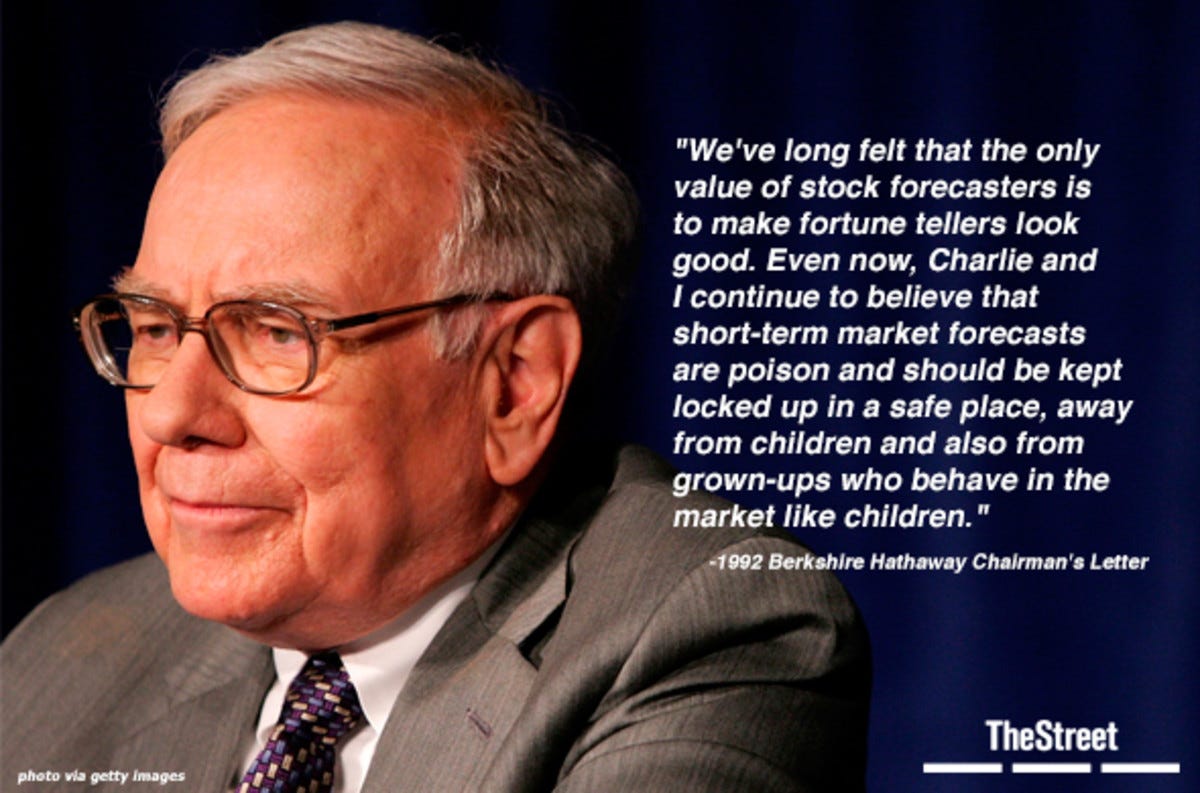Investors know that, in time, average companies fail, and so stocks are discounted for that risk. However, the discount is applied to all stocks, even those that, in the end, do not fail. The shares of great companies can, therefore, be cheap, in some cases, for decades. Nick Sleep
Every time I visit my parents (in their 90s), I encounter life's eroding effects. Indeed, in my mid-60s, I find it increasingly hard to escape this reality. Whether it is politicians whose careers are doomed to end in failure, ancient civilisations, unadaptable life forms, great empires, monetary systems, or that 'nice looking bistro' recently opened on the High Street, life is about beating the fade.
Adam Rackley, the fund manager of the SVS Dowgate Cape Wrath Focus Fund, is one of the most disciplined investors I have ever encountered. That he rowed the Atlantic and enjoys ultra-running might give you a clue. Earlier this year, we both discovered a new Substack called Sweet Stocks, written by former Highclere Investors analyst Alex Sweet. Alex shares Adam's disciplined approach to life and investment analysis.
Since lockdown, Alex has also become a devotee of ultra running, particularly a variant called Backyard Ultra. Competitors must consecutively run the distance of 6.7 kilometres (4.17 miles) in less than one hour, a pace of 100 miles per 24 hours. The race is over when only one runner remains to complete a lap. It is a simple but relentlessly entropic event, running to beat the fade.
Later this year, Alex will attempt to run 300 miles over three days, a feat that, if achieved, would put him in the top 50 in the world. The current record is a staggering 108 backyards or 508 miles.
Alex typically explains it modestly,
Ultra has been portrayed as an eating competition with running attached. The opportunity to eat a lot is unparalleled, so I recommend it from that point of view.
Recently, Adam, Alex and I had a fascinating conversation. It was great to be joined by two experienced professional analysts who epitomise a disciplined approach but use their processes to implement radically different strategies.
Adam has explained his contrarian deep value approach, which seeks to take advantage of emotional human behaviour traits that drive share prices significantly below the appraised value of the underlying business. He looks for what the tides of emotion wash up and then sifts through this random collection of assets for hidden value. The certainty of his process is the constant of human behaviour, our emotions, phobias, and biases. He seeks a return on investment when narratives shift and confidence is restored.
By contrast, Alex's approach focuses on exceptional compounding growth businesses capable of beating the fade over the long term. From Adam's approach, we know sentiment and flows determine prices in the short to medium term. So, the price paid for quality compounding companies matters greatly to the return ultimately enjoyed.
But then, as Alex says,
As the years pass, ultimately, the main determinants of the stock price and the total return will be the company's earnings, free cash flow, and any dividends and payouts. Over a longer run of years, the most important determinant of the total return will be the growth or otherwise of that company's earnings.
Alex hunts globally for companies that can beat the fade over the long term and defy the conventional law of classical economics.
He says:
Economics 101 tells us that supernormal profits are rare and anomalous. The normal forces of competition and ingenuity in the free market mean that any company posting supernormal profits can expect to come under waves of attack. The normal expected outcome from that is a reversion to the mean.
His universe of stocks includes approximately 6,000 developed-market listed companies, and he reckons his task is to identify the 15-20% that might possess the abnormal characteristics capable of beating the fade. How does he do this and find one a week to write up? Well, as he says, leopards don't change their spots.
The first place I'll look is the list of companies that have had a successful run of growth over the last five, ten, fifteen, twenty years. Those companies suggest that they might have something special about them that puts them on this trajectory to continue to post attractive growth.
Armed with this sifted list, Alex begins the hard, disciplined work Nick Sleep of Nomad Investments described as understanding a company's deep reality.
Substacker Cowboy Computer described Sleep and Zakaria's concept of deep reality:
Understanding the deep reality of a company is what allows you to have confidence in the destination. Deep reality is best understood as a distillation of what determines a company's success. It's not the metric that drives success like same-store sales growth or return on assets. These distillations are the product of countless hours of turning a business over in their head a thousand times and emerging with a simple (but not easy) recipe that they believe is the major determinant of long-term success.
As Sleep and Zakaria proved with their hugely successful and highly concentrated portfolio, primarily comprising Berkshire Hathaway, Amazon, and Costco, investors rarely value truly great companies appropriately.
The legendary Charlie Munger observed,
When you analyse what happened [at Berkshire Hathaway], you see that the big money has been made in high-quality businesses.
And, his more value-driven partner, Buffett put it, it is more important to be broadly right than precisely wrong:
It’s more important to be certain that the business is a wonderful business than to be certain that the price is not 10% too high or 5% too high or something of the sort.
Although they are not easy to find, the end game of investment must be an ultimate portfolio of quality compounders that investors can buy and forget about. Once owned, these coffee-can stocks can secure an inactive future, but paying the right price initially is critical and doing nothing becomes the active ingredient, something that sounds easy but is, in fact, very difficult.
As Sleep says:
We are inactive. Inactive except, perhaps, for the observation, seldom made, that the decision not to do something is still an active decision; it is just that the accountants don't capture it. We have, broadly, the businesses we want in Nomad and see little advantage to fiddling.
I highly recommend Alex's work; if you subscribe to Sweet Stocks, you won't be disappointed.
Here is a sneak preview of the conversation where he discusses thoughts on three UK-listed companies, 4imprint, YouGov and Loungers. If you enjoy this, then please subscribe to In The Company of Mavericks on your usual podcast app and share with anyone who might also appreciate it:






